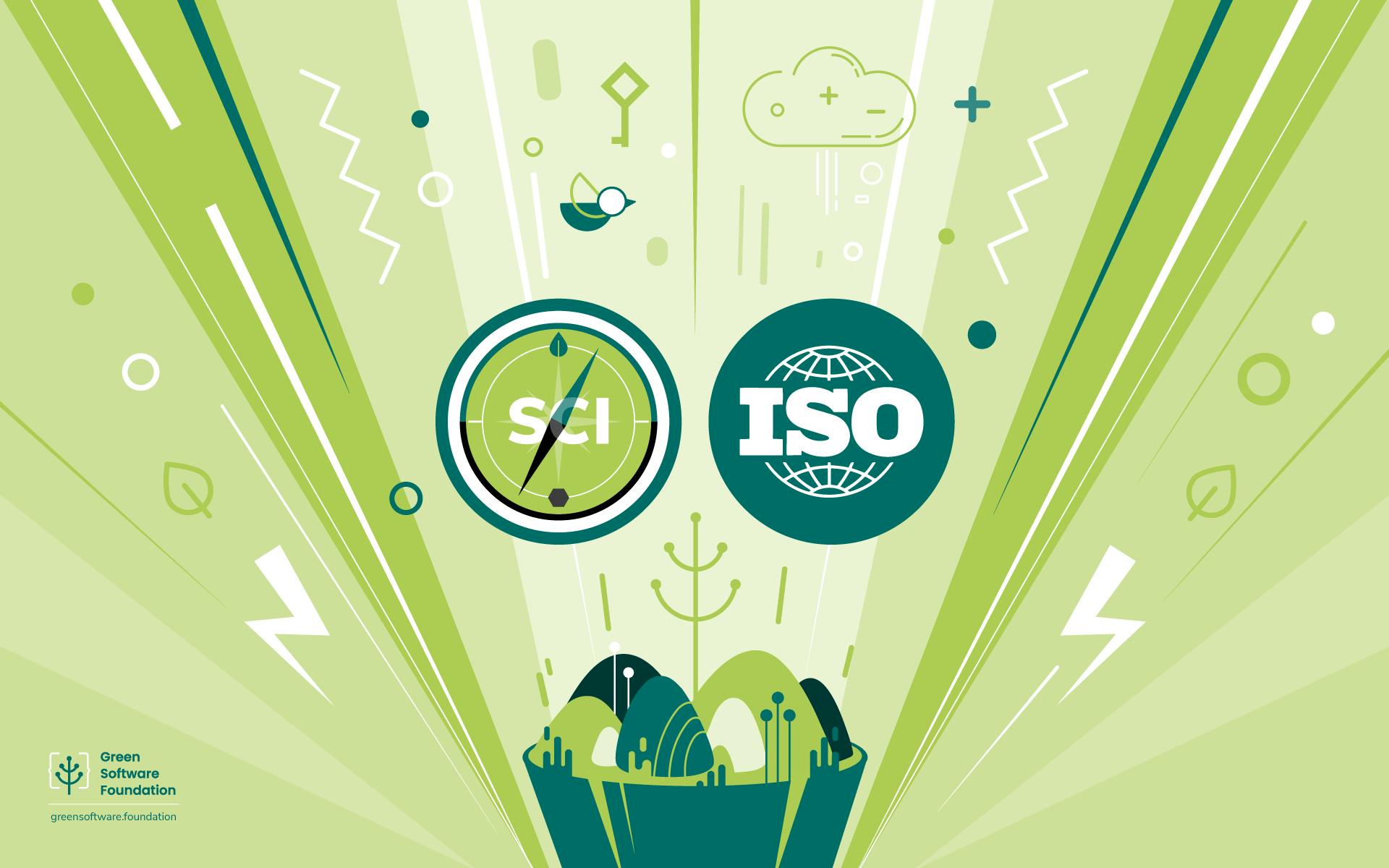With the approval and publication of version 1.0, the ISO confirms that the SCI Specification is a reliable, fair, and comparable protocol for measuring and reducing software's carbon footprint. The latest version 1.1 of the SCI Specification is now available and can be accessed here.
"Reaching this milestone represents a collective effort from GSF member organizations," said Sanjay Podder, Responsible AI CTO and Lead for Tech Sustainability Innovation at Accenture, and Chairperson of the GSF. "This achievement unlocks the potential to achieve industry-wide adoption of the SCI Specification, which is crucial in empowering organizations to achieve real-world emissions reductions."
Applying the SCI Specification enables users and developers to make informed choices regarding tools, architectures, and services by incorporating carbon usage considerations, ultimately driving the adoption of more environmentally sustainable practices within the technology sector.
Unlike some frameworks, the SCI Specification does not incorporate neutralizations or offsets into its calculations. Instead, it emphasizes genuine efforts to reduce carbon emissions.
By adopting the SCI Specification, ICT and Technology companies gain access to a standardized protocol to assess their software for emissions reduction opportunities. This landmark development enables organizations to demonstrate their commitment to quality, efficiency, and reliability in green software development.
"We believe that the opensource SCI Specification will catalyze a new era of sustainable innovation within the technology industry," added Henry Richardson, Senior Analyst at WattTime and Co-chair of the Standards Working Group at the GSF. "And, hopefully, is another indicator for how important collective contributions from the opensource community are to scale green software."
Technology sustainability is a shared responsibility, and having the right set of tools is crucial for realizing SCI specifications at scale. "We are also making it easy to calculate SCI scores using tools such as the Impact Framework," added Navveen Balani, Co-chair of the Standards Working Group and Impact Framework at the GSF. "We envision that SCI measurement will become a standard part of every developer’s toolbox and the norm in the future."
GSF member organizations, including Accenture, AVEVA, CAST Software, Intesa, Microsoft, NTT DATA, UBS, and others, made the SCI Specification actionable through various use cases. These examples are publicly available.
The GSF invites teams applying the SCI Specification to submit a use case for review.
If you need more information on the Green Software Foundation or wish to contact a spokesperson for an interview, contact Namrata Narayan at [email protected].
This article is licenced under Creative Commons (CC BY 4.0)
